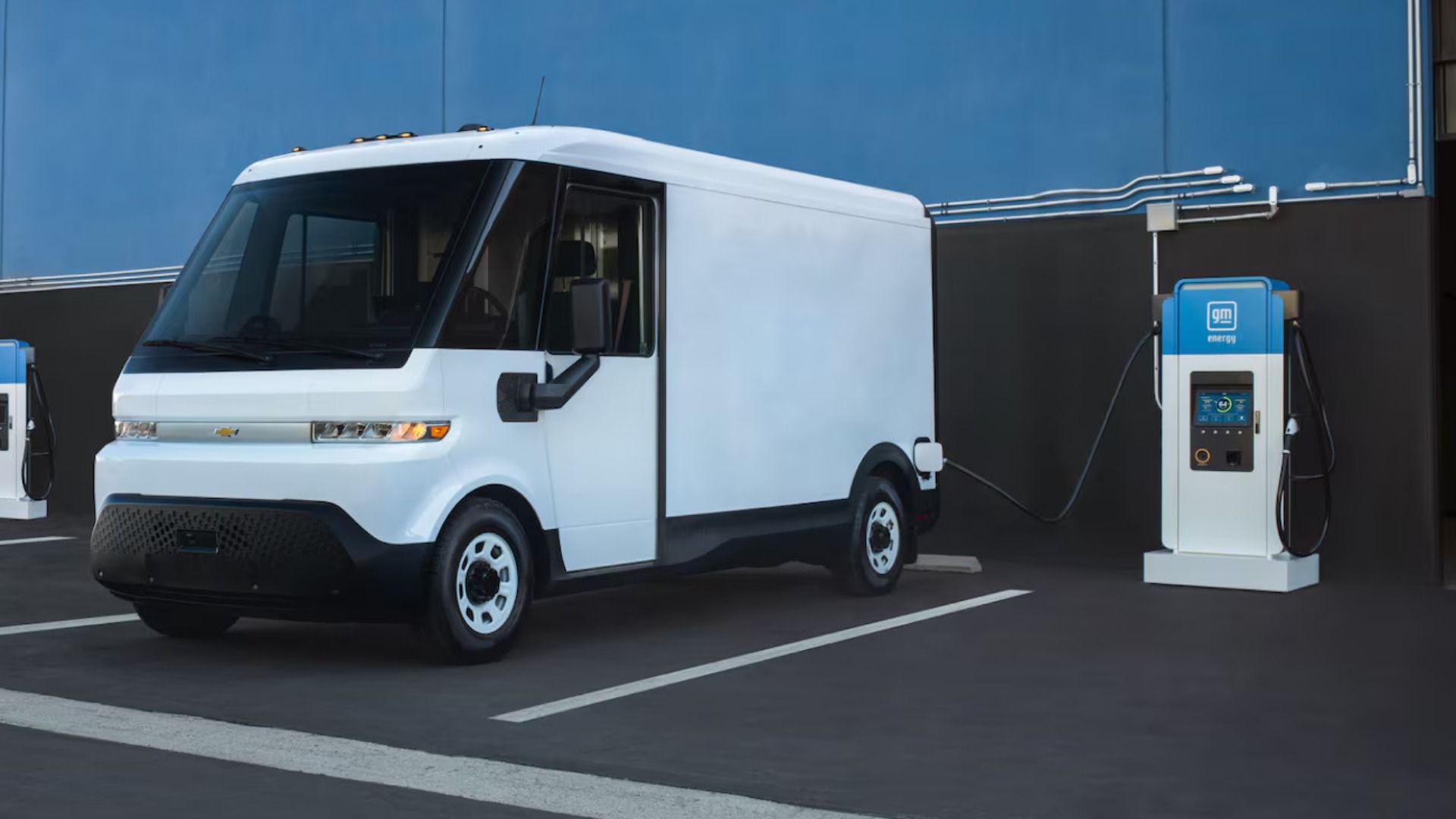The Electric Car Market in 2025: Trends You Should Know
The Electric Car Market in 2025: Trends You Should Know the electric vehicle (EV) industry is undergoing a transformation that is reshaping the future of transportation. By 2025, the electric car market trends 2025 will not only reflect the technological advancements of today but also signal the future trajectory of sustainable mobility. As global concerns about climate change intensify, the automotive industry is responding with a rapid shift towards electric powertrains. This change is not merely about replacing internal combustion engines with electric motors—it’s about rethinking the entire approach to transportation, from manufacturing to driving experience.
In this article, we’ll explore the most significant electric car market trends 2025 and what they mean for consumers, manufacturers, and the environment. From innovative battery technology to the expansion of charging infrastructure, the next few years will be pivotal for the EV sector. These trends will redefine how we think about vehicles and their role in a sustainable world.

1. Expansion of EV Model Offerings: More Choices for Consumers
One of the most notable electric car market trends 2025 will be the expanding variety of electric vehicles available to consumers. As more automakers shift focus to EVs, the range of models—from budget-friendly compact cars to luxury SUVs and even pickup trucks—will grow significantly.
Key Developments:
- Diverse Segments: By 2025, electric cars will be available across all major vehicle categories. Consumers will have more choices, with options that suit every budget, lifestyle, and driving need. The shift to electric mobility won’t be limited to small cars and sedans anymore. Expect to see electric versions of trucks, SUVs, and even performance vehicles hitting the market.
- Entry-Level EVs: Affordable electric cars will become more accessible as production scales up and battery technology improves. These vehicles will offer a practical and eco-friendly option for the mass market without compromising on key features like range and performance.
- Premium EVs: At the other end of the spectrum, high-end manufacturers like Tesla, Mercedes-Benz, and BMW are pushing the boundaries of luxury EVs. These vehicles will feature cutting-edge technology, superior performance, and opulent interiors, setting new standards for what an electric car can be.
The result will be a robust and diverse lineup of EVs that cater to a wider array of tastes and preferences, ensuring that consumers will no longer need to compromise on style, comfort, or performance when choosing an electric car.
2. Battery Advancements: Longer Range, Faster Charging
Battery technology remains one of the most critical components driving the electric car market trends 2025. In recent years, battery life and charging speed have been the primary factors influencing EV adoption. However, as we approach 2025, significant advancements in battery technology are set to improve both the range and performance of electric vehicles.
Key Developments:
- Solid-State Batteries: By 2025, we can expect to see solid-state batteries in production. These next-generation batteries offer higher energy densities, faster charging times, and greater safety compared to traditional lithium-ion batteries. Solid-state batteries will help solve some of the current limitations of EVs, particularly the range anxiety that deters potential buyers.
- Longer Range: Manufacturers are striving to increase the range of electric cars, addressing one of the biggest concerns of consumers. By 2025, most mainstream EVs will be able to travel over 300 miles on a single charge, with some high-performance models reaching even greater distances. This will alleviate the fear of running out of charge on long trips.
- Faster Charging: Charging times have always been a concern for electric vehicle owners. However, advancements in charging technology are making it faster and more convenient. By 2025, ultra-fast charging stations will become more widespread, allowing drivers to recharge their vehicles in under 30 minutes—making long-distance travel more feasible than ever.
The result of these advancements will be a shift towards EVs that offer comparable convenience and usability to traditional gasoline-powered vehicles, making them a more practical choice for everyday drivers.
3. Charging Infrastructure: A Global Expansion
As the number of electric vehicles on the road increases, so does the need for accessible, reliable, and fast charging infrastructure. The electric car market trends 2025 will see a rapid expansion of public and private charging networks, facilitating easier and more convenient EV ownership.
Key Developments:
- Widespread Charging Stations: By 2025, there will be a significant increase in the number of public charging stations worldwide. Governments and private companies alike are investing heavily in building out charging networks in cities, highways, and rural areas. This will make it easier for drivers to find a charging point no matter where they are.
- Home Charging Solutions: Many EV owners will continue to charge their cars at home, but by 2025, home charging solutions will be more efficient and user-friendly. Smart home charging systems will integrate with renewable energy sources like solar panels, allowing homeowners to charge their vehicles using clean energy.
- Wireless Charging: The concept of wireless charging for electric vehicles is slowly becoming a reality. By 2025, some vehicles may be able to charge wirelessly through induction systems embedded in parking spaces or roads, offering even greater convenience and eliminating the need for physical charging plugs.
With a robust and reliable charging infrastructure, the convenience of owning and operating an EV will increase exponentially, removing one of the last remaining barriers to widespread adoption.
4. Government Policies and Incentives: Accelerating the Shift to EVs
Governments around the world have made significant strides to incentivize the adoption of electric vehicles. The electric car market trends 2025 will be heavily influenced by government policies aimed at reducing emissions and promoting sustainable transportation solutions.
Key Developments:
- Tax Breaks and Incentives: Many countries are offering attractive incentives to consumers who purchase electric cars, including tax rebates, subsidies, and exemptions from registration fees. By 2025, these incentives are expected to become even more appealing, making EVs more affordable for a broader range of consumers.
- Emissions Regulations: Stringent emissions standards will push automakers to accelerate their EV production timelines. Governments are also setting ambitious targets for phasing out fossil fuel-powered cars, with some regions planning to ban the sale of new gas-powered vehicles by 2030 or earlier. These policies will drive even more consumers to choose electric vehicles.
- EV-Only Zones: Some cities are considering creating EV-only zones or low-emission areas where only electric vehicles are allowed to operate. This will encourage urban dwellers to make the switch to EVs, as well as make the air quality in major cities cleaner.
Government actions will play a pivotal role in shaping the electric car market trends 2025, further driving the shift from internal combustion engines to electric power.
5. Autonomous Driving Technology: The Future of EVs
One of the most exciting electric car market trends 2025 is the integration of autonomous driving technologies into electric vehicles. While fully autonomous cars are still a few years away, we can expect significant developments by 2025, especially with EVs leading the charge.
Key Developments:
- Self-Driving Features: By 2025, many electric vehicles will come equipped with advanced driver-assistance systems (ADAS), including features like automatic lane-keeping, adaptive cruise control, and collision avoidance. These technologies are paving the way for fully autonomous driving, where the car can drive itself with little or no human input.
- Sensor and AI Integration: EVs will be integrated with state-of-the-art sensors and AI-driven systems that enable real-time decision-making and navigation. These systems will improve safety, reduce human error, and enhance the overall driving experience.
- EVs and Mobility Services: Autonomous EVs could reshape the entire concept of mobility. Instead of owning a car, people may opt for EV-based shared mobility services. These services could offer autonomous rides on-demand, allowing users to summon a self-driving electric car at the touch of a button.
By 2025, the collaboration between electric vehicles and autonomous driving technology will offer a glimpse into the future of transportation—one where cars are not only environmentally friendly but also smarter and more efficient.
6. Sustainability and Recycling: The Circular Economy for EVs
As the electric car market trends 2025 continue to evolve, sustainability will remain at the heart of the industry. The environmental benefits of EVs are well-known, but the focus will also shift to the end-of-life cycle of electric cars and how they can contribute to a circular economy.
Key Developments:
- Battery Recycling: As the number of EVs increases, the need for efficient battery recycling solutions will become more pressing. By 2025, new technologies will make it easier to recycle the lithium-ion batteries used in electric cars, reducing the environmental impact of battery disposal and enabling the reuse of valuable materials.
- Sustainable Manufacturing: More manufacturers are adopting sustainable practices in their production processes. This includes using recycled materials, reducing carbon emissions during manufacturing, and sourcing raw materials ethically. In 2025, expect more automakers to commit to producing electric vehicles in environmentally responsible ways.
- Second-Life Batteries: Some companies are exploring ways to repurpose used EV batteries for other applications, such as energy storage systems. This helps extend the life of the batteries and provides a valuable use for batteries that would otherwise be discarded.
The push for sustainability in the electric vehicle industry will only intensify in 2025, as manufacturers and consumers alike seek to minimize their environmental footprint.
As we move toward 2025, the electric car market trends 2025 are poised to reshape the automotive landscape in profound ways. From the increasing variety of EV models to breakthroughs in battery technology, the next few years will be crucial in the transition to electric mobility. The combination of government policies, technological advancements, and consumer demand will drive the widespread adoption of electric vehicles, making them the vehicle of choice for millions around the world.
With cleaner, more efficient, and smarter vehicles on the horizon, the future of transportation looks brighter than ever. The electric car market is set to continue its growth, and by 2025, electric vehicles will be more accessible, more affordable, and more integrated into our daily lives than ever before.








